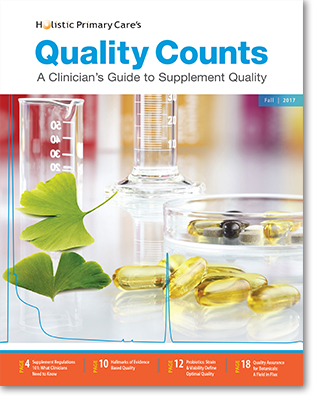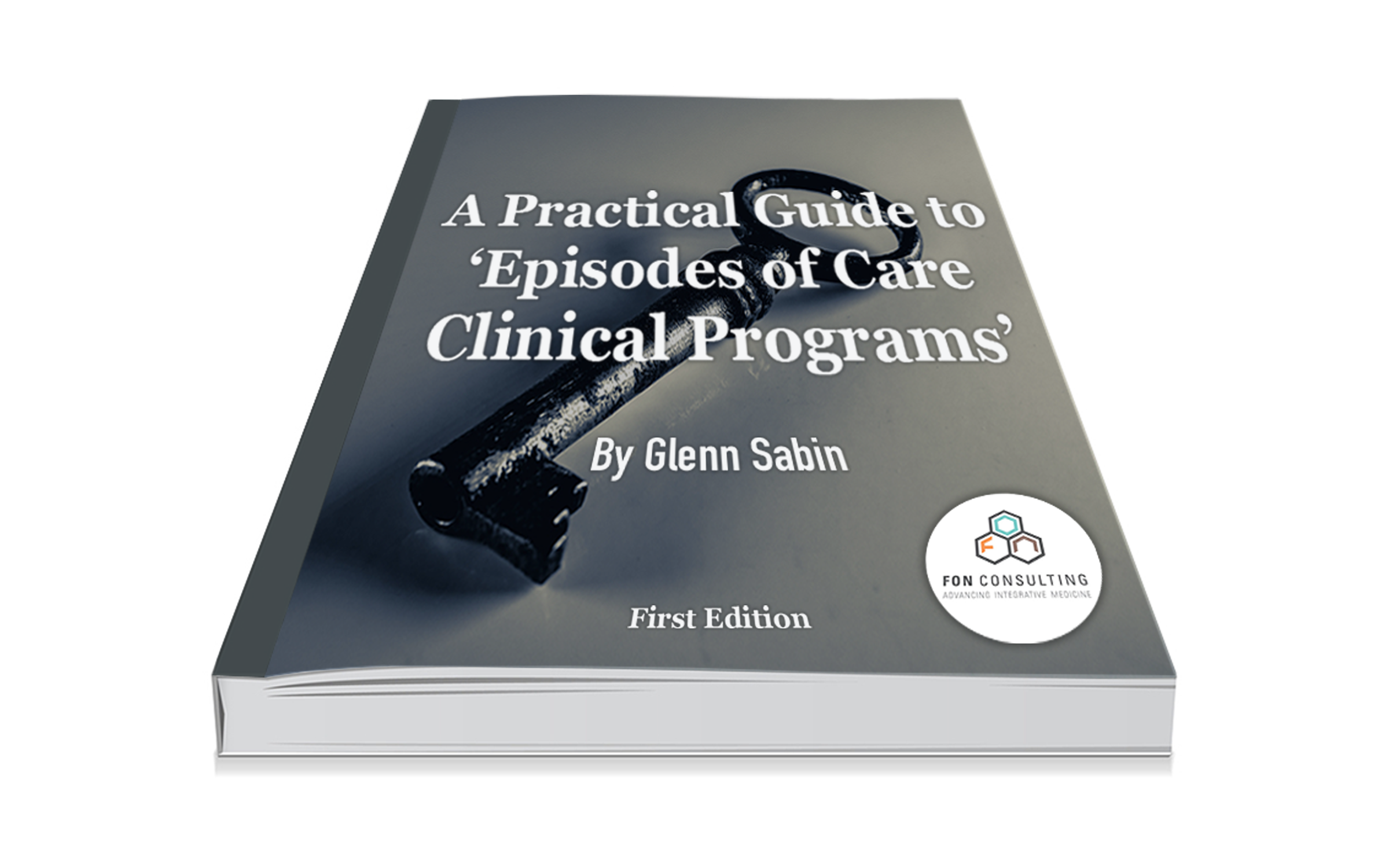Quality Counts: A Clinician’s Guide to Supplement Quality
By Glenn Sabin

Quality: It’s a Clinical Issue
Dietary supplements have become an integral part of American life—and American healthcare.
Despite the recession, the supplement industry has grown steadily at 5%-6% per year–twice the rate of OTC drugs. According to a 2011 report from the National Center for Health Statistics, more than half of all U.S. adults regularly take supplements. A 2016 survey sponsored by the Council for Responsible Nutrition, puts the figure at 68%.
According to Cara Welch, of the Food & Drug Administration’s Center for Food Safety and Applied Nutrition, there are now at least 75,000 different supplements on the US market, up from roughly 4,000 in the mid-1990s. Combined, they generated roughly $40 billion last year.
This is not just a retail phenomenon. Supplements are part of everyday patient care in thousands of clinics. Though still a small slice of the total, sales via practitioners are growing at about 9% per year, according to Nutrition Business Journal, a publication that tracks the industry.
[Download the 24-page PDF of Holistic Primary Care’s Quality Counts]
Holistic Primary Care’s annual practitioner surveys indicate that nearly all primary care clinicians these days recommend at least a few supplements. The most recommended categories are: probiotics (89%), minerals (84%), essential fatty acids (81%) and “letter” vitamins (78%)
Currently, 63% of HPC readers dispense (ie sell) in their practices. Even among those who identify as “conventional allopathic,” 8% dispense.
Despite their popularity, there are many misconceptions about how these products are defined, manufactured, and regulated.
All-too-often in the media, the phrase “supplement industry” is preceded by the word “unregulated.” Critics perpetuate the erroneous notions that the industry is lawless, that there is no quality assurance, and that most products are ineffective at best and dangerous at worst.
Even practitioners who routinely use supplements may not understand the regulations. Our 2016 practitioner survey showed that 57% of dispensing clinicians did not recognize DSHEA–the Dietary Supplement Health and Education Act of 1994—as the key statute governing the industry.
That said, quality is certainly on the minds of HPC’s practitioners. Our 2017 survey showed the following factors to be decisive when clinicians evaluate supplements: heavy metal free (77%); sweetener-free (72%); and allergen-free (61%).

Regulated…But How Well?
The truth is, industry regulation and quality assurance are far more evolved than the loudest critics claim. But they are also less consistent than many industry advocates want to admit.
DSHEA gives federal agencies clear and far-reaching authority over supplement makers. And some companies now manufacture to pharmaceutical standards, with robust quality assurance systems.
[Download the 24-page PDF of Holistic Primary Care’s Quality Counts]
But while it provides basic ground rules, DSHEA has many gray areas and contradictions, and enforcement has been spotty. In short, the current regulatory framework is far from fail-safe, foolproof, or first-rate.
“The regulatory structure is a strange political compromise, unique to the US,” says Jeremy Appleton, ND, a naturopathic physician who has served as a medical officer for several supplement companies, and who is currently VP of Science & Regulatory Affairs for Soho Floridis International.
“If enforced, it is mostly sufficient to ensure supplements are safe. But unlike the regulations for drugs, there is no pre-market requirement to demonstrate efficacy, so there is no way for FDA to ensure supplements are effective.”
This special report explores the realities of supplement regulation and quality assurance.
We hope it will help you—and your patients—understand the rules, ask the right questions, and evaluate supplements more thoroughly. Concerned clinicians can play a vital role in holding manufacturers accountable to deliver safe, effective products.
The medical community was absent in 1994, when the current regulatory system was created. Given the rising role of supplements in healthcare, practitioners need to play a part in shaping the future of this dynamic industry. Consider this report an invitation to the dialog.
Now more than ever, Quality Counts!
[Download the 24-page PDF of Holistic Primary Care’s Quality Counts]
This article, excerpted with permission, was originally published in the print version of the Fall 2017 edition of Holistic Primary Care.






















